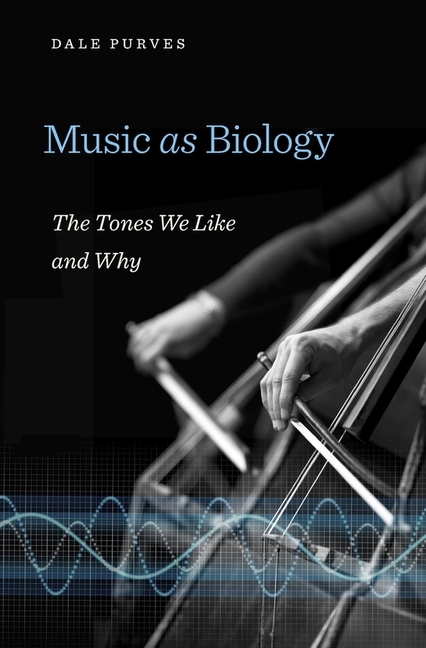View cart “Dancing to the Drum Machine: How Electronic Percussion Conquered the World” has been added to your cart.
Recent Writings
- Neeli Cherkovski (1945–2024) March 20, 2024
- Can We Keep Both Fascism and Climate Doom at Bay for Decades to Come? December 15, 2023
- City Lights 70th Anniversary Programming November 21, 2023
- 5 Questions with Ian Johnson, Author of SPARKS: China’s Underground Historians and Their Battle for the Future November 21, 2023
- 5 Questions with Robert Glück, Author of ABOUT ED November 8, 2023
- 5 Questions with Joseph Lease, Author of FIRE SEASON November 8, 2023
- 5 Questions with Benjamin Weber, Author of AMERICAN PURGATORY: Prison Imperialism and the Rise of Mass Incarceration October 30, 2023
- Scientists Pursue Climate Activism Despite Violent Threats October 26, 2023
- 5 Questions with Jonathan Lethem, Author of BROOKLYN CRIME NOVEL October 17, 2023
- 5 Questions with mimi tempestt, Author of THE DELICACY OF EMBRACING SPIRALS October 17, 2023





